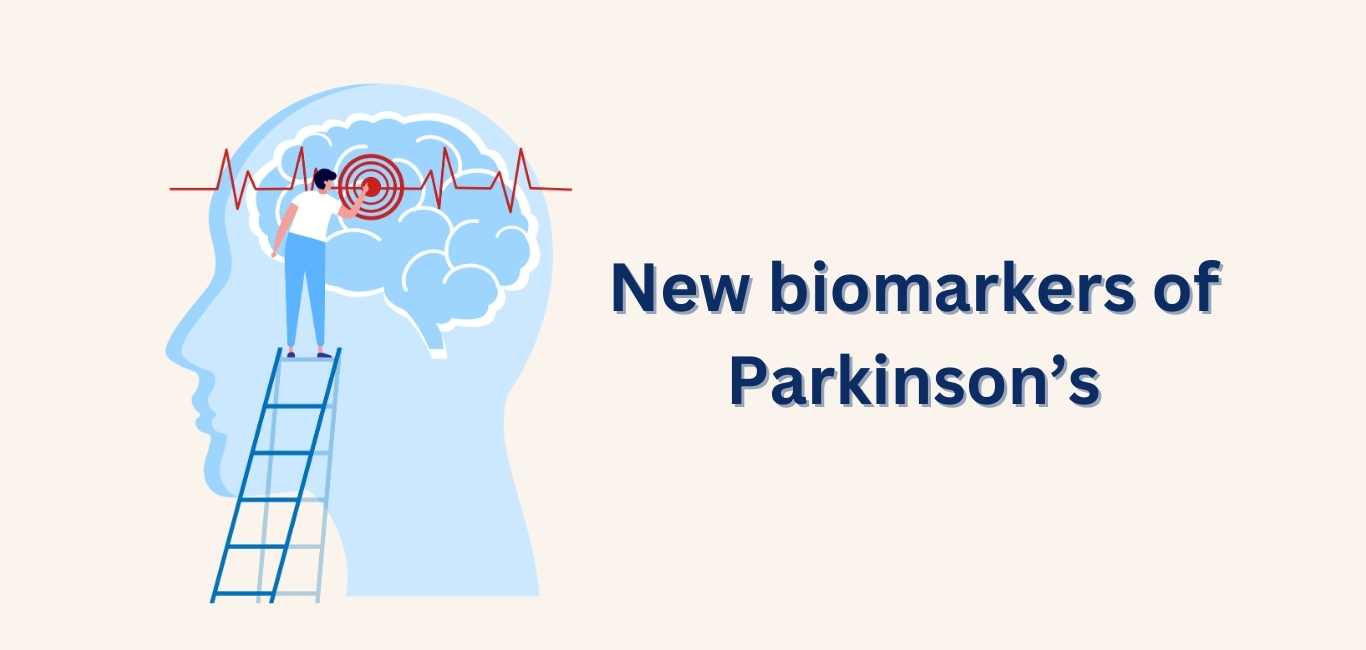
Can a rigid old brain learn new tricks?
Until a decade ago, many scientists believed that the brain stops forming new neural pathways when one reaches their mid-20s. In other words, people believed that the brain stops rewiring and becomes increasingly rigid — which makes learning new skills difficult as we age
Recent research shows that although our brain indeed undergoes drastic changes with age, it is not all downhill; the brain can still form new pathways.
Scientists from the University of Muenster in Germany conducted a study and found that the adult human brain forms new patterns and connections. What they are showing us is that a rigid brain is a myth.
The human brain controls cognitive functions like remembering, planning, organising and taking decisions. This is possible because of the brain’s neuroplasticity – its ability to form new connections and pathways. Neuroplasticity helps an individual to adapt to new experiences, recalling people’s names we meet or finding a new way to the grocery store.
How the brain communicates
Studies have found that factors like ageing, high levels of stress and persistent depression create tough neural patterns that make it difficult for the brain to reorganise its networks.
In the current study, the researchers wanted to investigate if, by treating depression, the brain could regain its neuroplasticity. “There are many research areas that investigate whether addressing the neuroplasticity of the brain can alleviate psychiatric disorders,” the lead researcher of the study, Prof Jonathan Repple, told Happiest Health.
The researchers chose 109 people with severe depression and scanned their brains using an MRI. They later compared these patterns with 55 people who had no psychiatric conditions. Additionally, they scrutinized the neural patterns, number of brain connections, and parts of the brain involved in the communications.
They then treated people with depression in different ways – some with psychological therapy, some with medications and others by electric treatment; and some with a combination of all three.
After the therapy, the researchers rescanned the brains of the people for the same parameters. They counted the number of brain connections again and tested the participants for symptoms of depression.
A neural revival
The researchers spotted some changes in neural patterns. They found that brains after the treatment showed more neural connections than seen before treatment. Moreover, those who responded well to the therapy had formed an increased number of connections.
Another study has found that reduced neuroplasticity played a role in aggravating symptoms; it caused a cognitive decline in people with psychiatric conditions like depression, schizophrenia, addiction, and post-traumatic stress disorder.
In line with these findings, the German researchers say their study brings hope to people who believe that the brain is rigid, and its functions cannot be reversed. They say that the symptoms of these illnesses can be brought down effectively by improving the neural connectivity in the brain. “We believe that the functioning and communication capabilities of the brain are improved with increased connectivity,” says Dr Repple.
For an agile brain
Dr Chittaranjan Andrade, professor in the Department of Psychopharmacology at the National Institute of Mental Health and Neurosciences, Bengaluru, says the brain could form new connections throughout a person’s life. However, this phenomenon is predominantly restricted to the hippocampus, which is the brain’s memory and learning region. “This is how learning and memory are hardwired into the brain,” he says.
Prof. Andrade adds that keeping oneself mentally, socially, and physically active can reduce the effect of changes caused in the brain. “Being mentally active from an early age helps; it builds a cognitive reserve. However, becoming active later can also protect against cognitive decline,” he says.

















